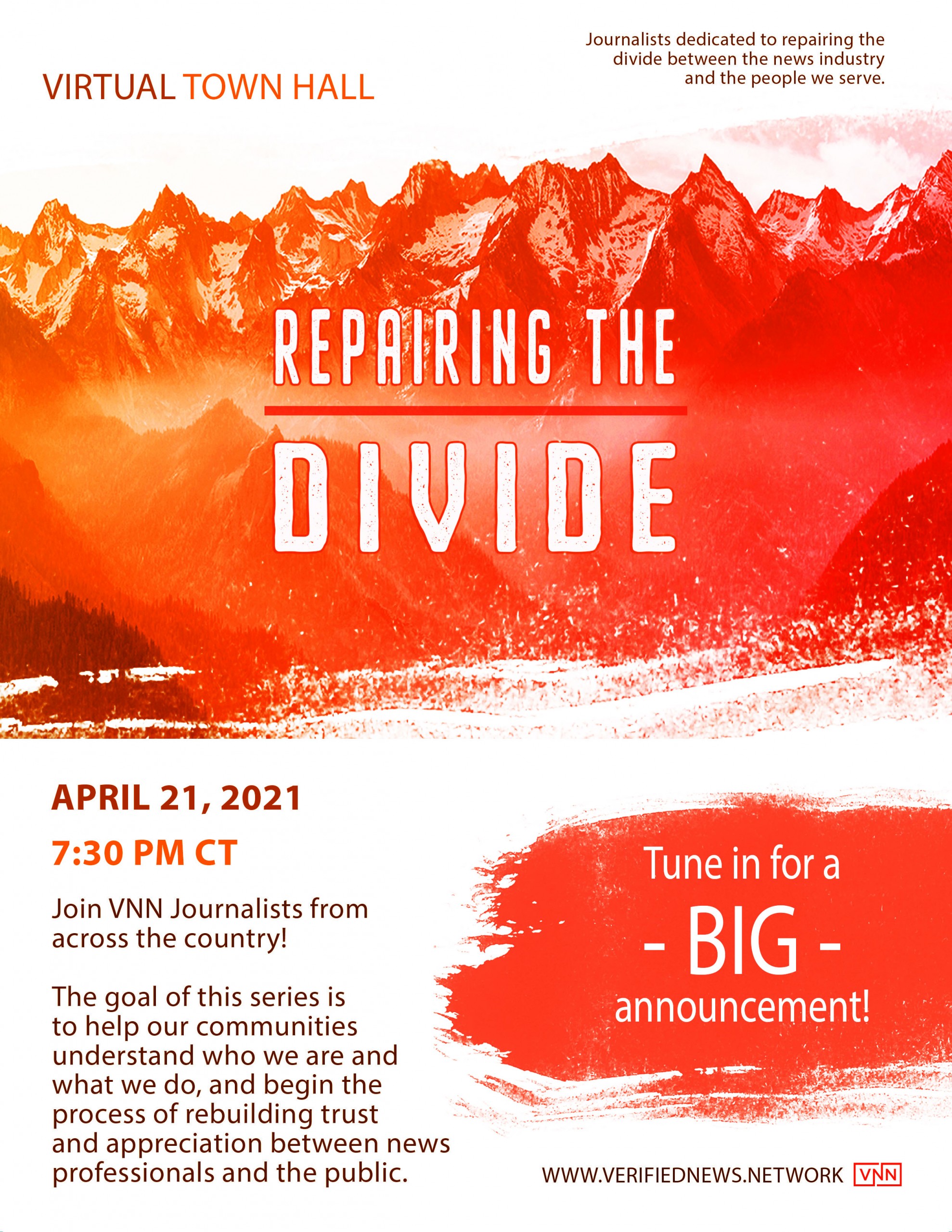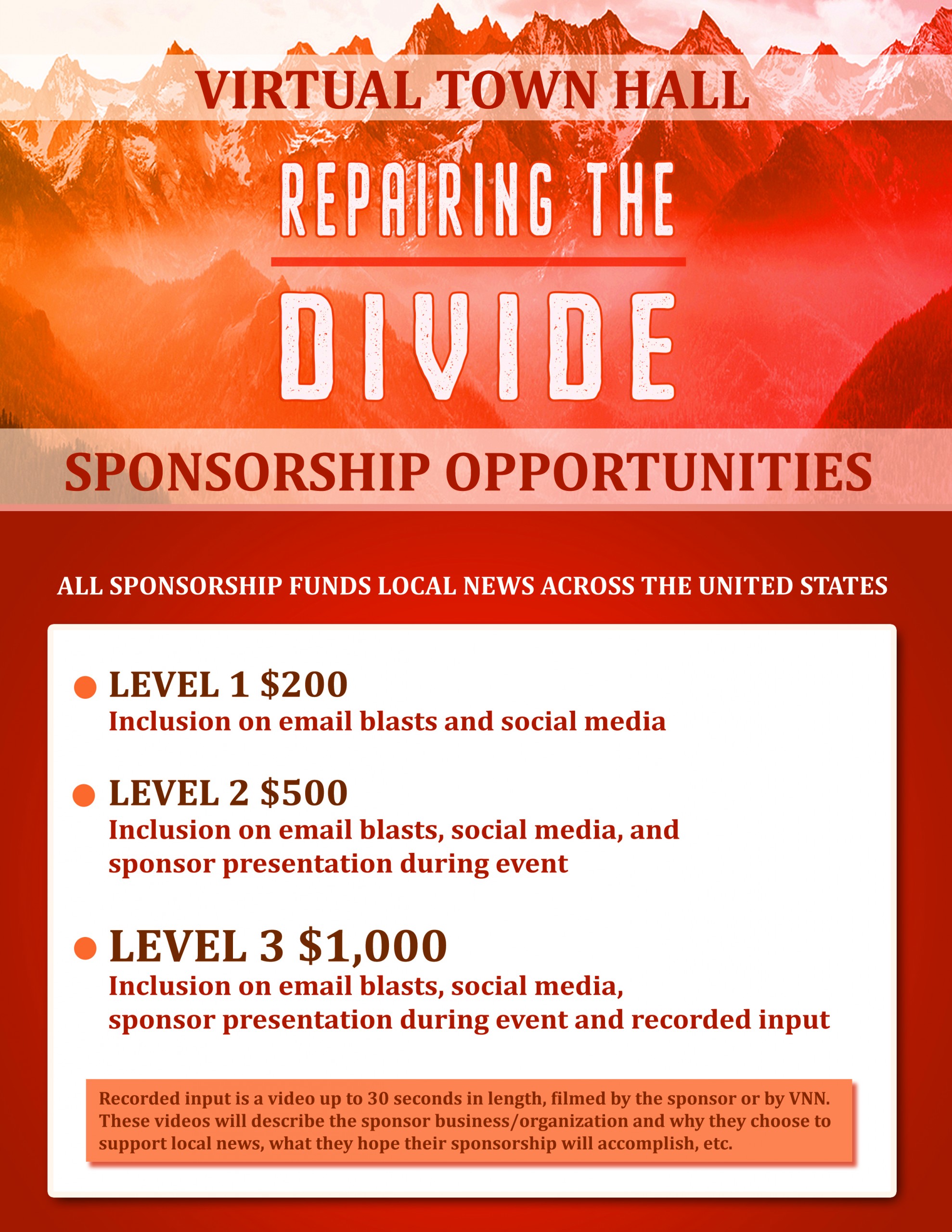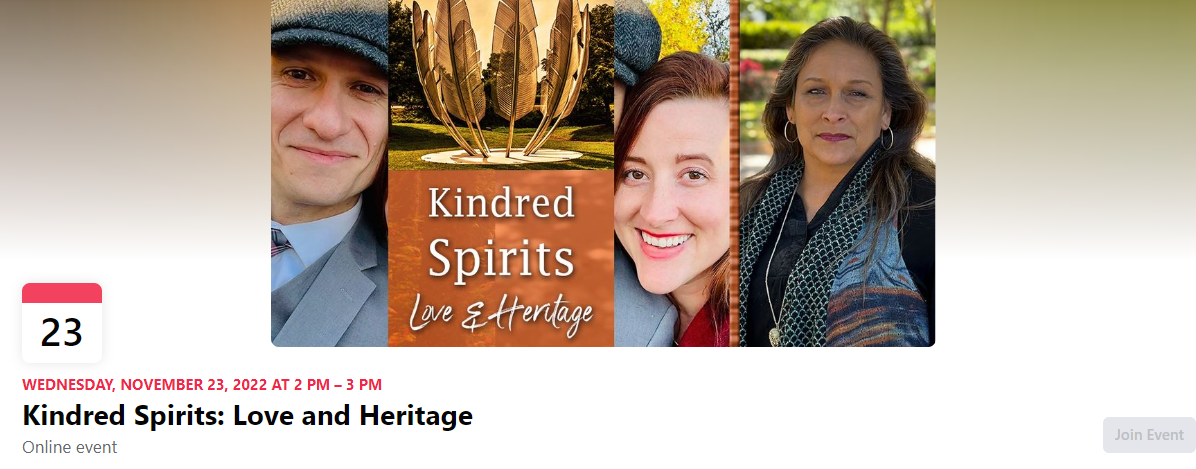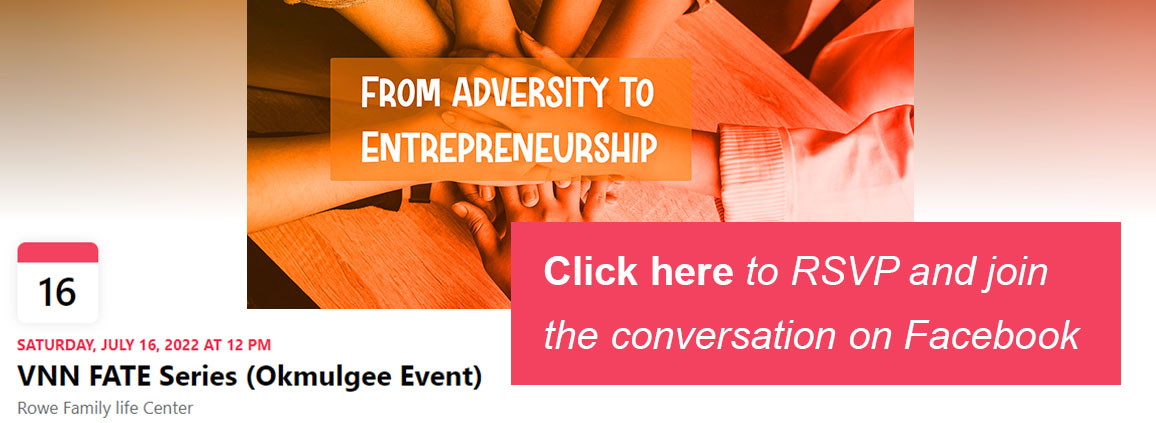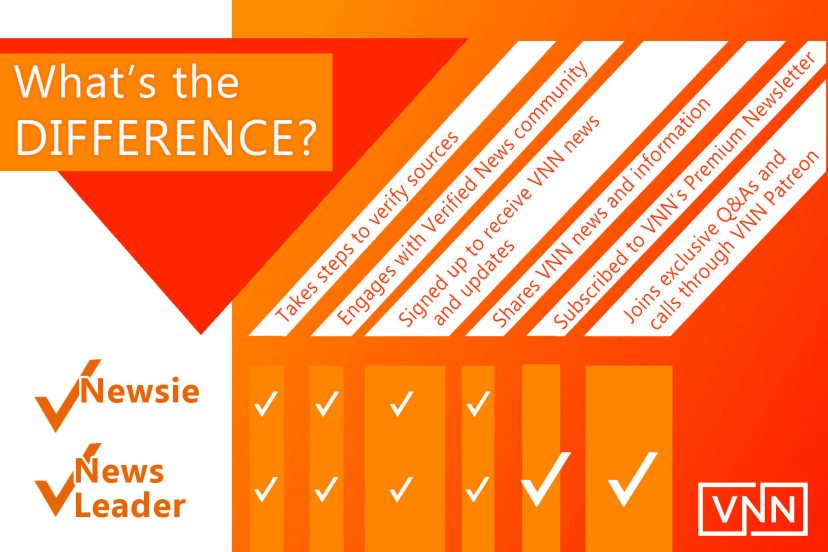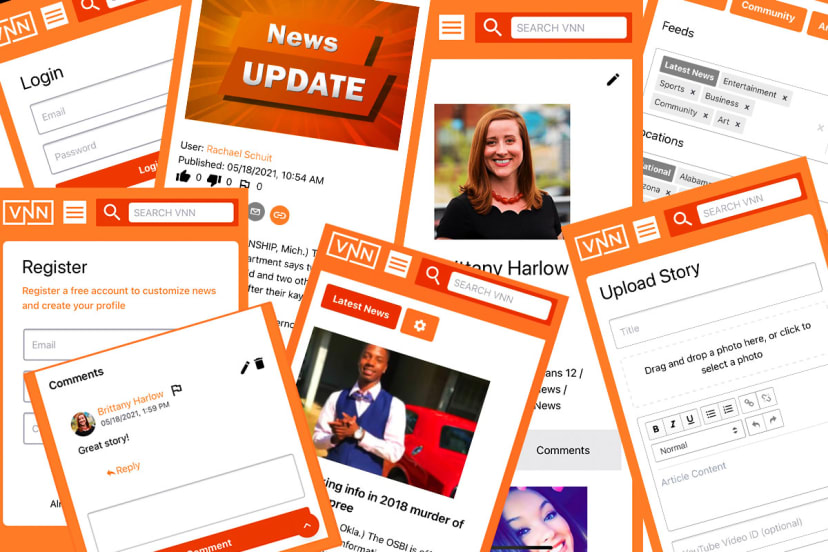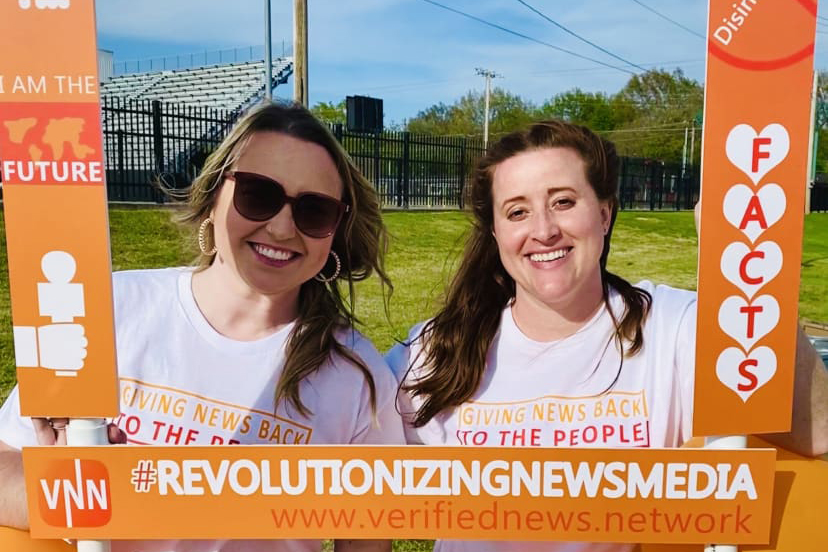Past Events
“EXPLORING INDIGENOUS ALLYSHIP” COMMUNITY DINNER
This free community dinner is the first step to creating a comfortable, inclusive environment for people to speak candidly about Oklahoma’s Indigenous challenges, including understanding generational trauma and its causation.
FATE: TRAUMA INFORMED BUSINESS DEVELOPMENT
Self-care event for community members to discuss hardships of balancing trauma with entrepreneurship, as well as possible solutions.
April 20 5:30 p.m.- 8:30 p.m. at Coworking Bravely in Broken Arrow.
KINDRED SPIRITS: LOVE AND HERITAGE
A live event featuring VNN CEO Kelly Tidwell, VNN Director Brittany Harlow, and LHRI Co-founder Tatianna Duncan. Learn more here: “Kindred spirits” talk de-assimilation and new allotment crimes series in Oklahoma | Verified News Network
Tune in to the livestreamed event on the network’s YouTube channel on Wednesday, November 23 at 2 P.M. C.T.
FROM ADVERSITY TO ENTREPRENEURSHIP (FATE) LEARNING SERIES
These events will explore the path from adversity to entrepreneurship, the community benefits of taking that path, and the barriers that stand in the way. Click here for more information.
VNN Virtual Town Halls
As a journalist-owned network, no one is better poised to restore trust in the news industry and create a better future of news for everyone than VNN. We work to educate our communities about the news media industry, to restore trust in news media, and to help people become more news media literate. Mass media should be helpful, not harmful. VNN strives to help through information on this page, and through our virtual town hall series “Repairing the Divide”. Read on for more information!
VIRTUAL TOWN HALL SPONSORS
All sponsorship money funds local news stories in our communities. Would you like to learn more about becoming a virtual town hall sponsor? Email VNN Founder Brittany Harlow today.
